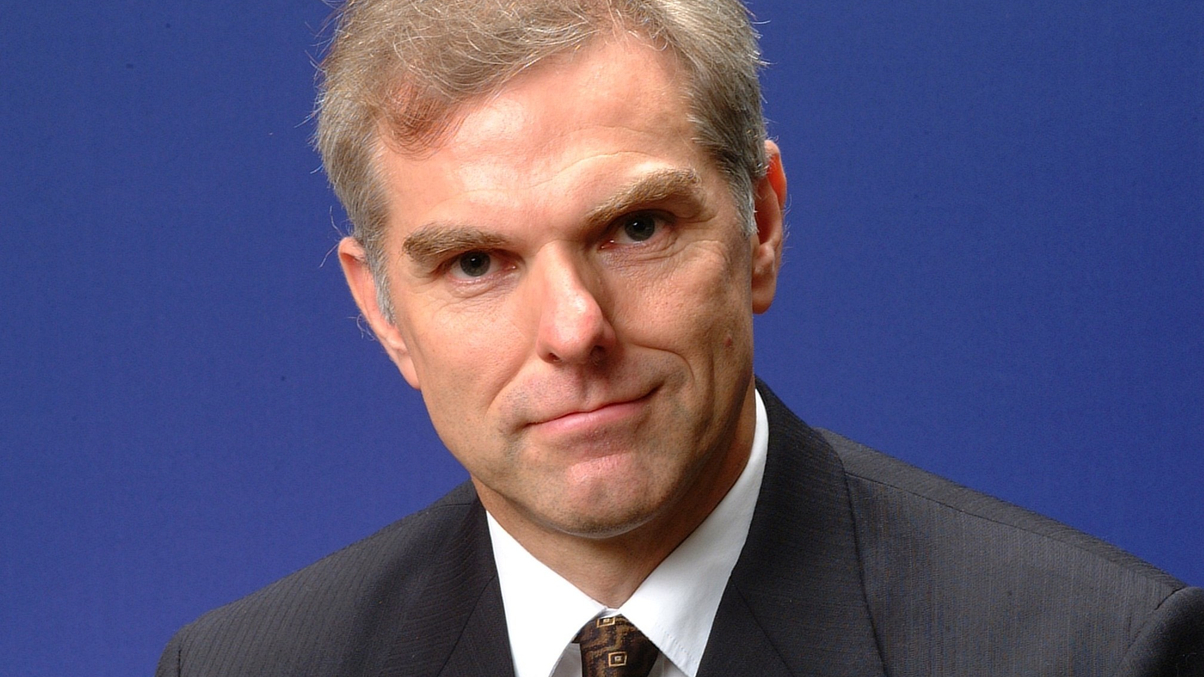Manager search activity falls 70% in Asia
By contrast, more searches were completed globally via Mercer in 2012 than the year before, with emerging market assets proving especially popular.

Asian institutional investors completed 70% fewer asset manager searches via consultancy Mercer last year than in 2011, resulting in a drop in total value to $2 billion from $5.9 billion. This represents the lowest annual search activity in the region for over a decade, by both number and value.
Sign in to read on!
Registered users get 2 free articles in 30 days.
Subscribers have full unlimited access to AsianInvestor
Not signed up? New users get 2 free articles per month, plus a 7-day unlimited free trial.
¬ Haymarket Media Limited. All rights reserved.


